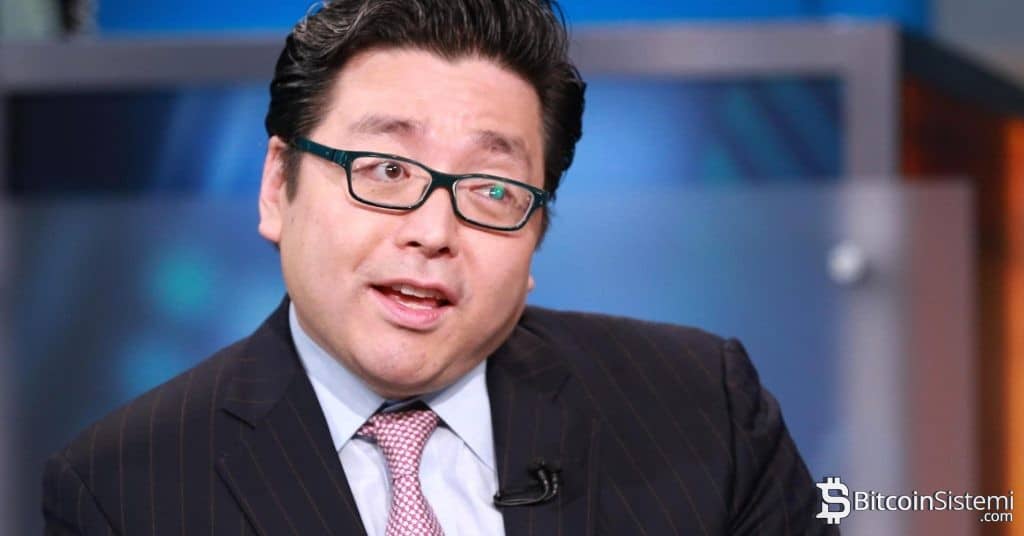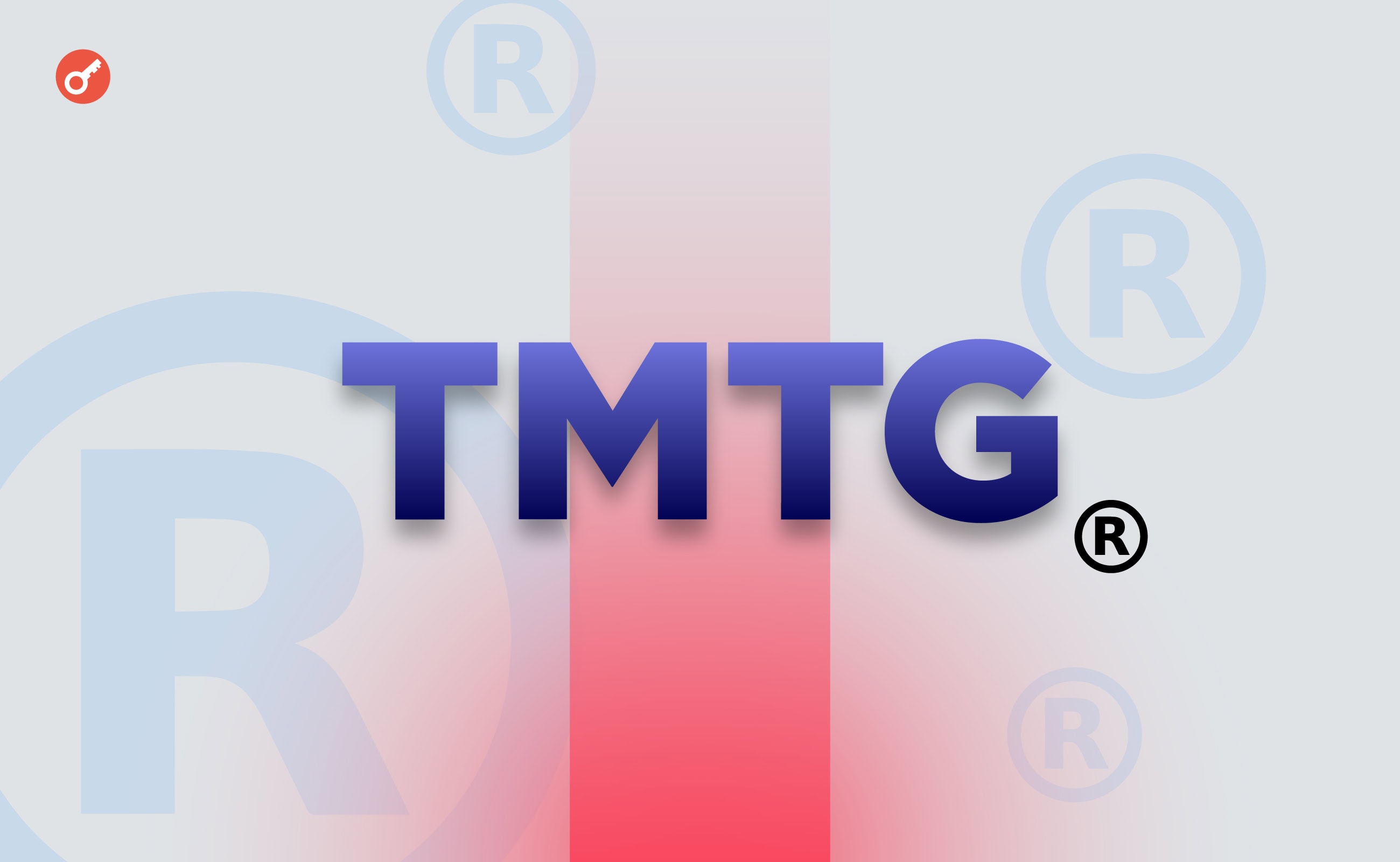MACHI token goes live after raiding $5M in presale

Share:
MACHI, the new token tied to the crypto influencer and serial investor Machi Big Brother, made its trading debut on Monday. The token started trading in one decentralized pair, after raising $5M from early buyers.
MACHI, the new project of Jeffrey Huang, started trading through Baseline markets. The token raised $5M, tapping the still enthusiastic buyers from several former projects, including the now-defunct Friend.tech.
Soon after launching, MACHI rallied from its baseline presale price of $0.07, rallying as high as $0.24. In the first hours of trading, MACHI settled around $0.18. The early trades often originate from the wallets of crypto influencers and high-profile NFT owners.

Among simple swaps, the Baseline DEX also brought a new type of transaction: looping. The loop allows traders to hold leveraged positions in MACHI, paying a constant fee, but with no fear of being liquidated due to the baseline price of MACHI.
Looping creates a leveraged position by acquiring a baseline token and continuously borrowing against it. The presence of looping transactions on Baseline DEX also means some of the liquidity on MACHI can unravel fast, as it relies on borrowing.
MACHI is still accruing trading history, with a few hundred buy and sell orders on each side. The token is paired with USDB, the native stablecoin of the Blast blockchain. For the short duration of trading, MACHI accrued $9.88M in liquidity, reporting 4.23M in trading volumes for the first hours.
The new token also has a 45/100 DEX score, as it has not presented its full features for auditing, including its main contract. MACHI started with a hyped-up community, calling back to the holders of BAYC and MAYC NFT, in addition to other Blast chain projects.
The token presale was essentially open for most BLAST chain users, but insider communities were more active. BAYC and MAYC owners were among the most active buyers, along with other early bidders. MACHI targeted crypto insiders and communities with high net worth wallets, creating a mix of meme hype and DeFi opportunities.
One of the positive features of MACHI is that there is a contractual floor price of $0.079, not allowing the asset to sink to zero. MACHI also performs constant buybacks and burns, using fees generated to support the market. The initial trading hype also meant early buyers saw their portfolios rally by 80-100% in the short term.
The token launched on the Blast L2 blockchain, adding to the peak inflows of $6.62M as of September 6. Blast now carries $743.83 in value, with a significant part tied to the Thruster DEX. This market is also used as a trading router for the MACHI token trades.
Blast is one of the smaller L2 platforms, which has received around $99.52M in inflows from Ethereum.
Machi Big Brother absorbed Friend.tech losses
Serial investor Machi Big Brother has been known for supporting multiple projects, even when their tokens were faltering. Previously, Machi Big Brother held positions in ApeCoin (APE) and Blur (BLUR), ending up as a net seller and crashing the price.
Despite supporting Blast projects for their unique technology, Machi Big Brother has also held losing BLAST positions. Previously, he has also supported projects like Gitcoin, absorbing additional losses for BLUR ecosystem point mining.
When it comes to Friend.tech, however, Machi Big Brother remained active until the last. He retained both positions as a trader and remnant activity on his SocialFi account.
The known Friend.tech wallet of Machi Big Brother contains 11,100,061 FRIEND, valued at around $954K. The FRIEND position was acquired for more than 5.2K ETH, valued at above $16M at the time of investment. That same wallet bought more FRIEND through DEX trading as late as August 9, with another significant loss.
FRIEND crashed as low as $0.06 after the team admitted the app was defunct and relinquished control of its main smart contracts.
The deep losses incurred by Machi Big Brother raised questions on the reliability of the new MACHI project. While the asset was hyped up, it was also seen as a potential rug pull or a way for Machi Big Brother to make up for previous losses.
Cryptopolitan reporting by Hristina Vasileva
Read More
MACHI token goes live after raiding $5M in presale

Share:
MACHI, the new token tied to the crypto influencer and serial investor Machi Big Brother, made its trading debut on Monday. The token started trading in one decentralized pair, after raising $5M from early buyers.
MACHI, the new project of Jeffrey Huang, started trading through Baseline markets. The token raised $5M, tapping the still enthusiastic buyers from several former projects, including the now-defunct Friend.tech.
Soon after launching, MACHI rallied from its baseline presale price of $0.07, rallying as high as $0.24. In the first hours of trading, MACHI settled around $0.18. The early trades often originate from the wallets of crypto influencers and high-profile NFT owners.

Among simple swaps, the Baseline DEX also brought a new type of transaction: looping. The loop allows traders to hold leveraged positions in MACHI, paying a constant fee, but with no fear of being liquidated due to the baseline price of MACHI.
Looping creates a leveraged position by acquiring a baseline token and continuously borrowing against it. The presence of looping transactions on Baseline DEX also means some of the liquidity on MACHI can unravel fast, as it relies on borrowing.
MACHI is still accruing trading history, with a few hundred buy and sell orders on each side. The token is paired with USDB, the native stablecoin of the Blast blockchain. For the short duration of trading, MACHI accrued $9.88M in liquidity, reporting 4.23M in trading volumes for the first hours.
The new token also has a 45/100 DEX score, as it has not presented its full features for auditing, including its main contract. MACHI started with a hyped-up community, calling back to the holders of BAYC and MAYC NFT, in addition to other Blast chain projects.
The token presale was essentially open for most BLAST chain users, but insider communities were more active. BAYC and MAYC owners were among the most active buyers, along with other early bidders. MACHI targeted crypto insiders and communities with high net worth wallets, creating a mix of meme hype and DeFi opportunities.
One of the positive features of MACHI is that there is a contractual floor price of $0.079, not allowing the asset to sink to zero. MACHI also performs constant buybacks and burns, using fees generated to support the market. The initial trading hype also meant early buyers saw their portfolios rally by 80-100% in the short term.
The token launched on the Blast L2 blockchain, adding to the peak inflows of $6.62M as of September 6. Blast now carries $743.83 in value, with a significant part tied to the Thruster DEX. This market is also used as a trading router for the MACHI token trades.
Blast is one of the smaller L2 platforms, which has received around $99.52M in inflows from Ethereum.
Machi Big Brother absorbed Friend.tech losses
Serial investor Machi Big Brother has been known for supporting multiple projects, even when their tokens were faltering. Previously, Machi Big Brother held positions in ApeCoin (APE) and Blur (BLUR), ending up as a net seller and crashing the price.
Despite supporting Blast projects for their unique technology, Machi Big Brother has also held losing BLAST positions. Previously, he has also supported projects like Gitcoin, absorbing additional losses for BLUR ecosystem point mining.
When it comes to Friend.tech, however, Machi Big Brother remained active until the last. He retained both positions as a trader and remnant activity on his SocialFi account.
The known Friend.tech wallet of Machi Big Brother contains 11,100,061 FRIEND, valued at around $954K. The FRIEND position was acquired for more than 5.2K ETH, valued at above $16M at the time of investment. That same wallet bought more FRIEND through DEX trading as late as August 9, with another significant loss.
FRIEND crashed as low as $0.06 after the team admitted the app was defunct and relinquished control of its main smart contracts.
The deep losses incurred by Machi Big Brother raised questions on the reliability of the new MACHI project. While the asset was hyped up, it was also seen as a potential rug pull or a way for Machi Big Brother to make up for previous losses.
Cryptopolitan reporting by Hristina Vasileva
Read More











